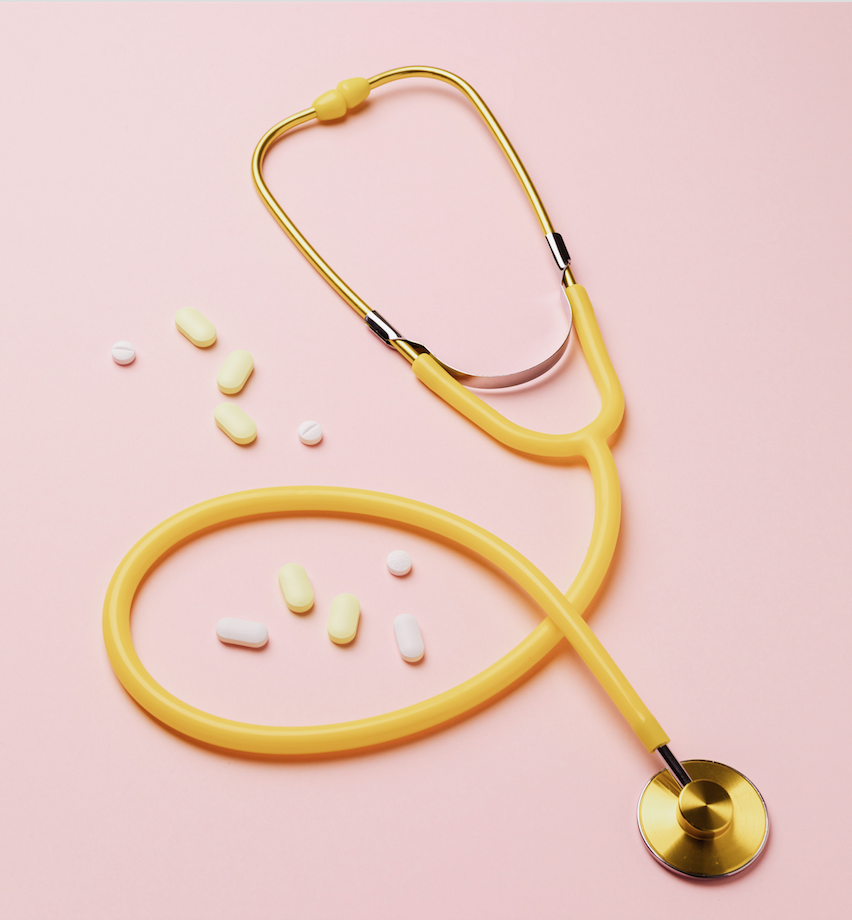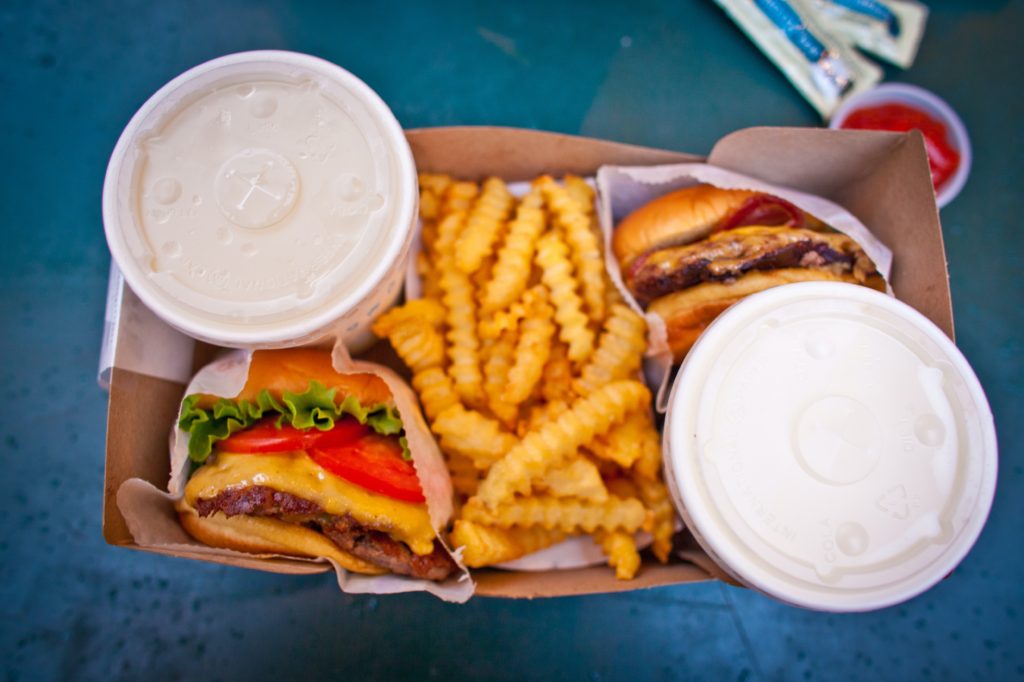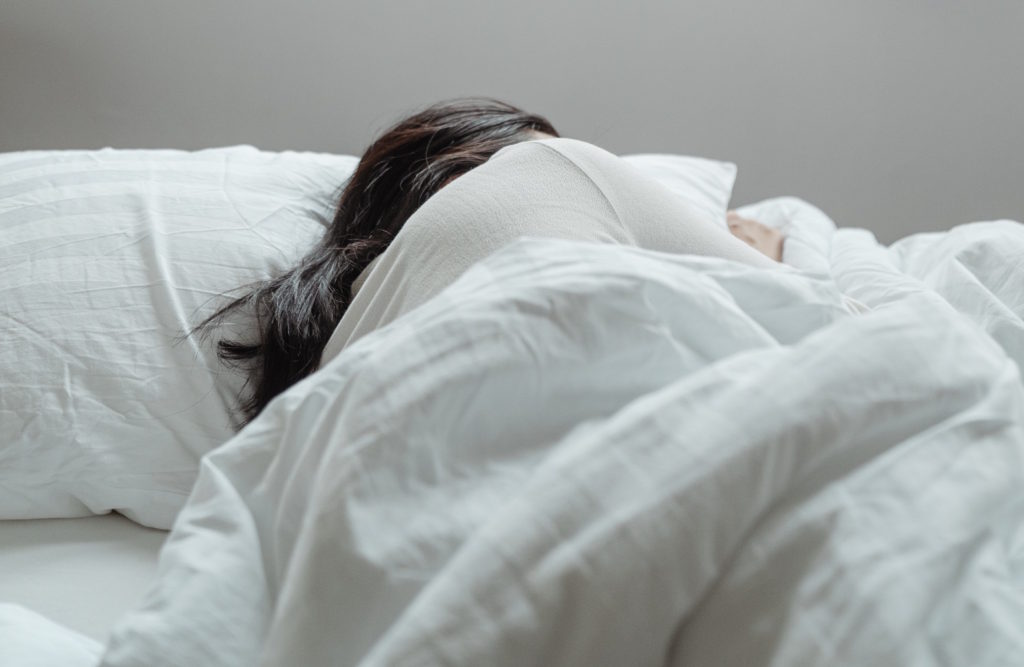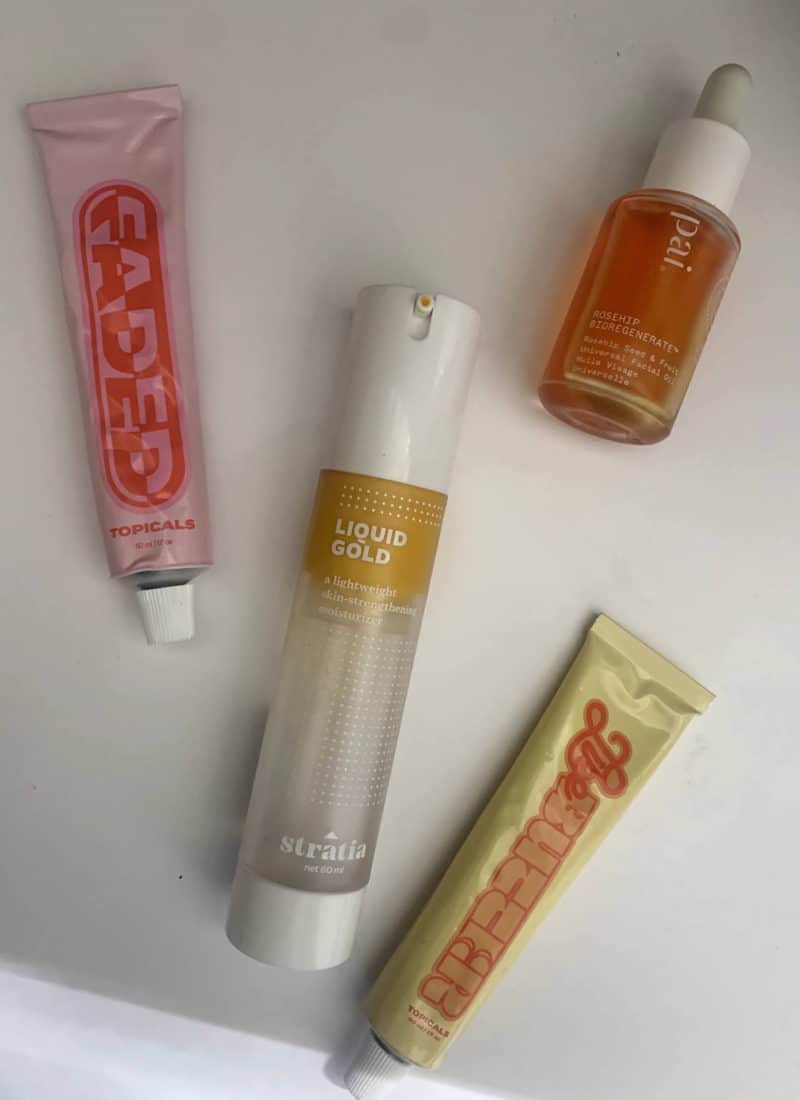Did you know? Acne is a medical condition. And like most medical conditions, there are a lot of nuances and it can be difficult to treat or pinpoint the causes of your acne.
It’s estimated that 80% of people ages 11 to 30 will have at least a mild form of acne, and most people are affected by it at some point in their lives.
Cleveland Clinic Medical Professional
Acne is an inflammatory skin condition that is mainly triggered by the overproduction of oil and/or hormones. However, your stress, lifestyle, diet, and more can also play a part in your breakouts.
There are a lot of opinions in regards to how to treat or manage acne. Some believe that prescription treatments are the only way to go, whereas others may take a more holistic approach by treating acne from the inside out. I personally believe in a combination of the two. Prescription treatments are science-backed and effective, but knowing the triggers of your breakouts can also help better manage your breakouts (depending on the circumstances). Who says you can’t have both? 😉
However, I always recommend consulting with a medical professional when treating medical conditions, and acne is not an exception. But if you’re trying to figure out what could be triggering your breakouts, here are some of the most common causes of acne:
Hormones

Ladies, ever notice that your breakouts tend to happen near or around that time of the month? That’s because your hormones tend to fluctuate more around this time, which can lead to increased inflammation and sebum production. Hormonal acne is typically found on the bottom of your cheeks and jawline.
Hormonal acne is very difficult to treat, and typically requires the help of prescription treatments. Many women have seen great results from birth control as this can help regulate your hormones. However, others have seen success with oral or topical prescription treatments as well.
Women who are pregnant or going through menopause often deal with hormonal breakouts due to the changes in hormones.

In addition, your genetics can also play a role in your acne and sometimes consistent breakouts can be signs of dysfunction in your body.
Many skin disorders, including acne, can be a window into a systemic condition.
Kristina Liu, MD, MHS & Janelle Nassim, MD
A common example of this is polycystic ovarian syndrome. Many women with PCOS also struggle with acne and breakouts. If you notice additional symptoms like hair loss, rapid weight gain, etc., I would definitely recommend consulting with a doctor to see if there are any underlying conditions.
Lifestyle/Diet

Secondly, a lot of your lifestyle can factor into your breakouts, whether it be from stress, food intolerances, your environment, and more.
In regards to diet, there is not enough conclusive evidence that certain foods can cause acne. Although certain foods can trigger inflammation in your body, which can worsen breakouts (think alcohol, processed foods, refined carbs, etc). Not saying you have to cut out all burgers and fries, but it’s something to consider if you’re going through inflamed breakouts.
Some studies have also shown that dairy and sugary/high-glycemic foods may affect acne and breakouts, but there’s still a lot of research that needs to be done before we can truly confirm that.
However, if you notice a correlation between your breakouts and a certain type of food, it could be worth trying to reduce the consumption to see if that helps with your acne. Keeping a journal of your breakouts can help determine your personal acne triggers.
Not to stress you out more… but high stress levels can also contribute to breakouts due to increased hormones, so be sure to take some time for self-care when you can!
Additionally, your environment can actually a big role, and you might notice significant skin changes when moving from a dry to a humid environment. Very humid or hot environments can increase inflammation in the skin, which can lead to breakouts. And further, wearing tight-fitting clothing in these environments can also lead to skin irritation. Think of the rubbing, breakouts, and inflammation you can get from wearing a face mask.
External Factors

If you notice consistent breakouts happening in the same area, look for patterns and potential causes of your acne. Is anything touching your skin in that area regularly? Dirty pillowcases, phones, hair products, toothpaste, and more can cause congestion and/or breakouts. Anything that is touching your skin regularly could be contributing to your breakouts. Some people notice hairline breakouts with new shampoos, or cheek breakouts from a dirty phone.
I always recommend washing your face after using shampoo and brushing your teeth, so you can remove any leftover residue left on your skin. Be sure to keep anything that touches your skin clean and sanitary – cell phones, glasses, pillowcases, and more.
So those are just some of the main causes of acne. I know acne can be frustrating and it’s easy to feel self-conscious about your breakouts. But just remember that real skin is beautiful, and to embrace where you’re at in your skin journey.
I’ll be sharing more about ingredients and products that can help treat acne topically, along with some foods or lifestyle changes that can help calm inflammation in your body in a more holistic way.
If you’re looking to get started on your first skincare routine, feel free to check out my blog post here. Feel free to reach out anytime on my Instagram too ☺️
*If you’d like to support me and my blog/IG, feel free to check out all of my affiliate/referral links if you decide to shop. Thank you for your support!


